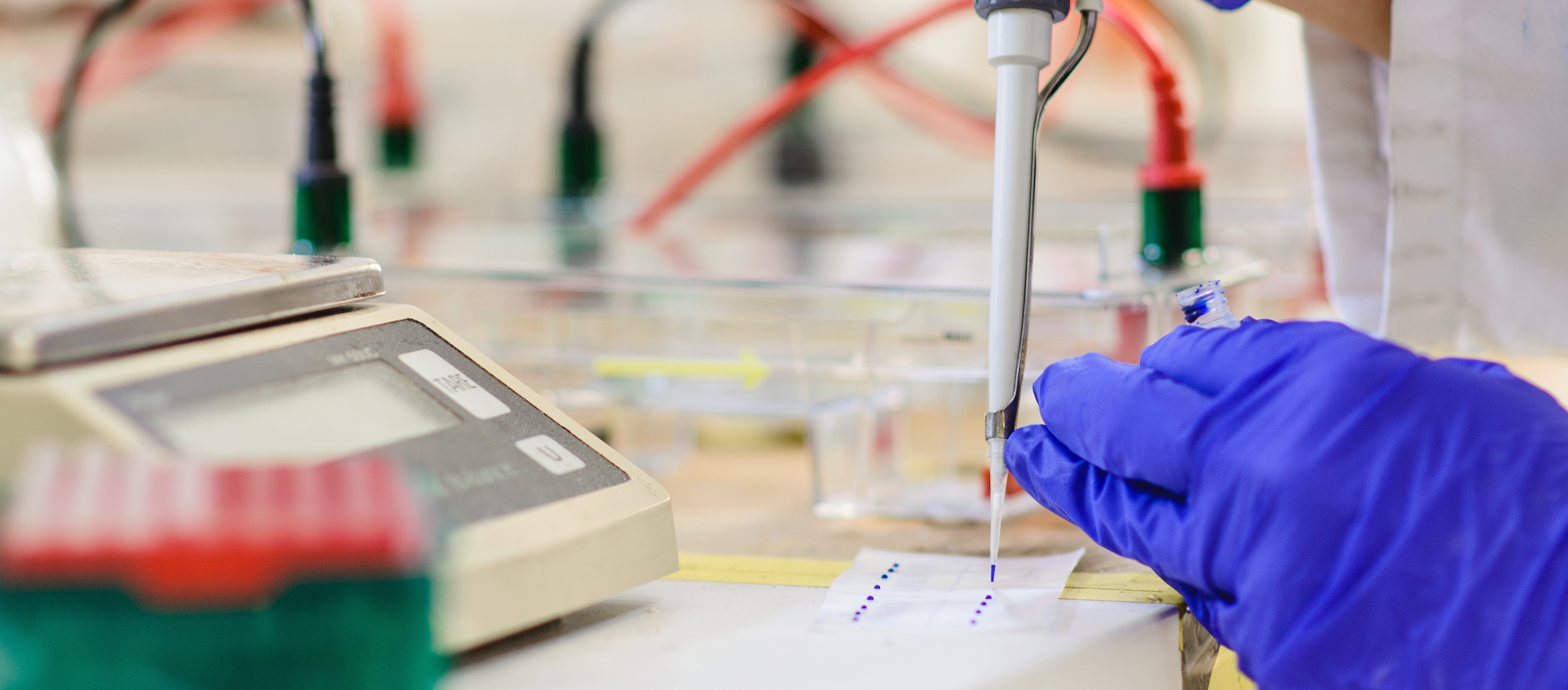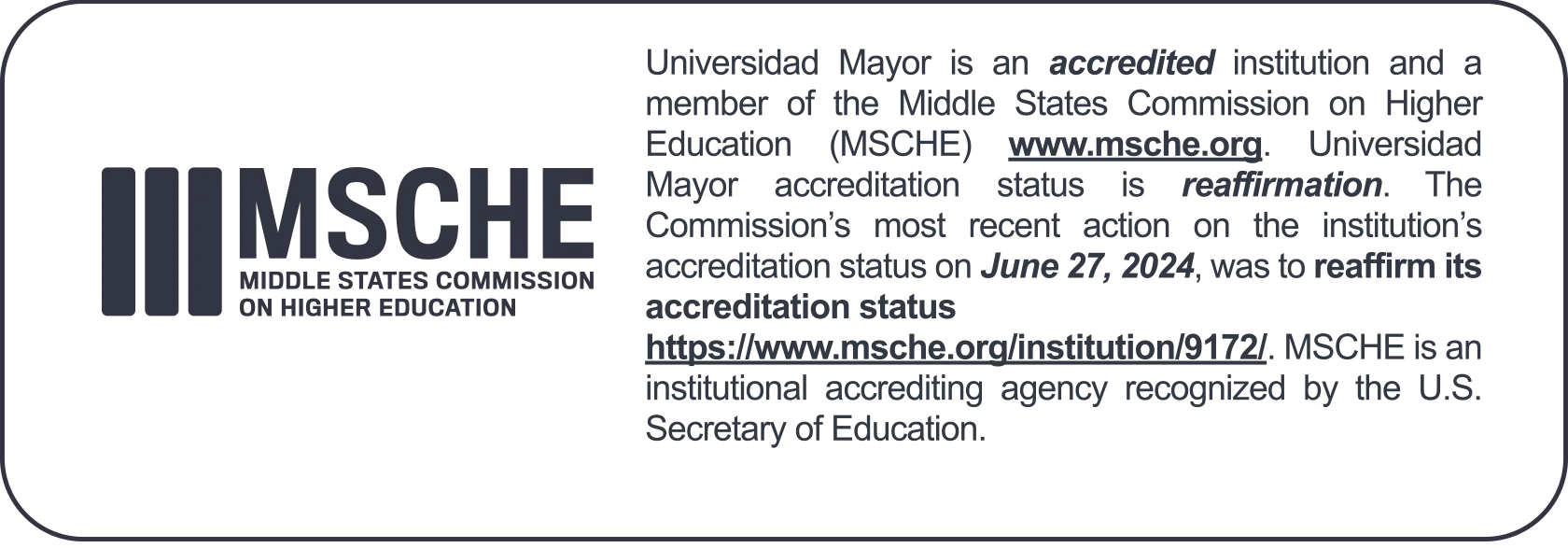The adverse environmental conditions found in the periodontium during
periodontitis pathogenesis stimulate local autophagy responses, mainly due to a
continuous inflammatory response against the dysbiotic subgingival microbiome.
The junctional epithelium represents the main site of the initial interaction
between the host and the dysbiotic biofilm. Here, we investigated the role of
autophagy in junctional epithelium keratinocytes (JEKs) in response to
Aggregatibacter actinomycetemcomitans or its purified lipopolysaccharides (LPS).
Immunofluorescence confocal analysis revealed an extensive nuclear translocation
of transcription factor EB (TFEB) and consequently, an increase in autophagy
markers and LC3-turnover assessed by immunoblotting and qRT-PCR.
Correspondingly, challenged JEKs showed a punctuate cytosolic profile of LC3
protein contrasting with the diffuse distribution observed in untreated
controls. Three-dimensional reconstructions of confocal images displayed a close
association between intracellular bacteria and LC3-positive vesicles. Similarly,
a close association between autophagic vesicles and the protein p62 was observed
in challenged JEKs, indicating that p62 is the main adapter protein recruited
during A. actinomycetemcomitans infection. Finally, the pharmacological
inhibition of autophagy significantly increased the number of bacteria-infected
cells as well as their death, similar to treatment with LPS. Our results
indicate that A. actinomycetemcomitans infection induces autophagy in JEKs, and
this homeostatic process has a cytoprotective effect on the host cells during
the early stages of infection.








